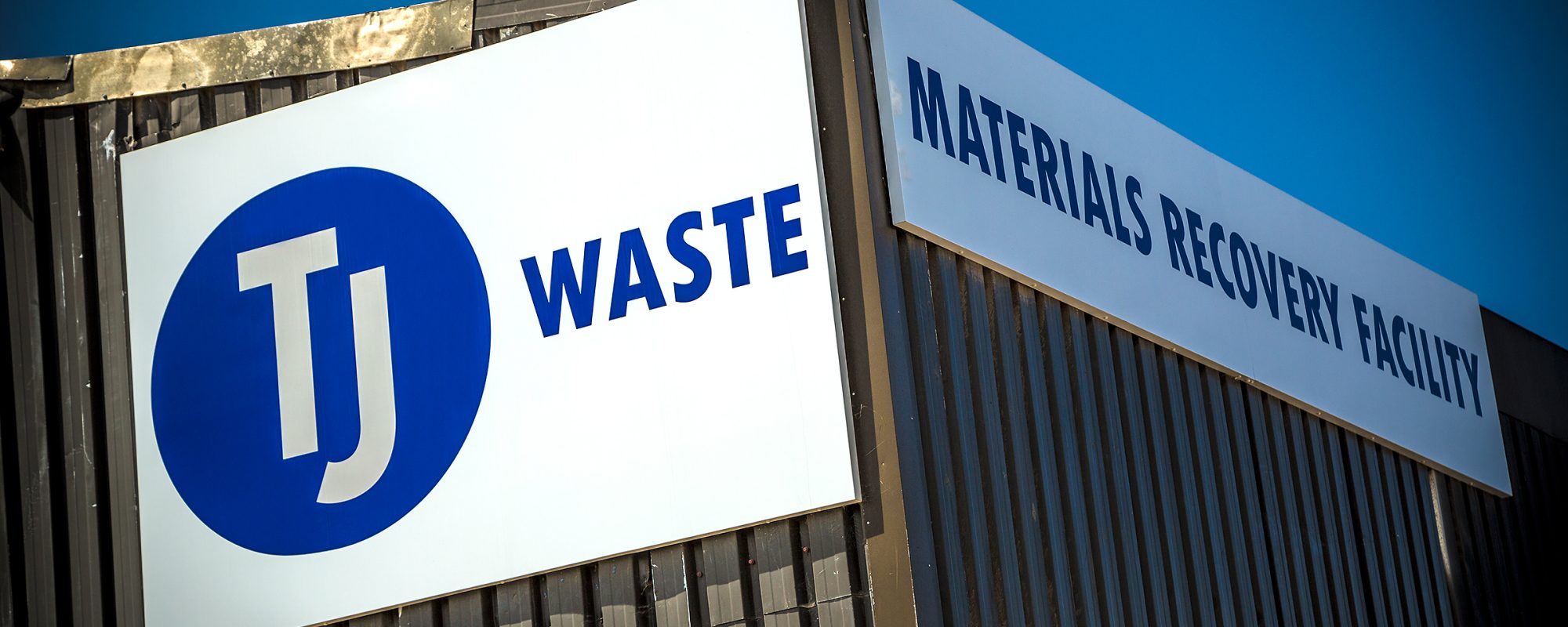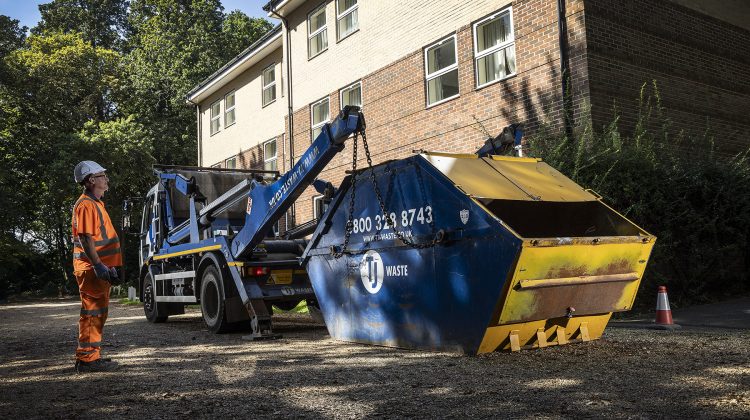This week will mark Global Recycling Day, an initiative created in 2018 by the Global Recycling Foundation to recognise and celebrate the importance of recycling to preserve our precious primary resources. It is a day for the world to come together and put the planet first in order to secure its future.
Recycling is key to protecting our natural resources. Each year recycling saves over 700 million tonnes in CO2 emissions and this is set to increase to 1 billion tons by 2030. Recycling is crucial in the fight to safeguard the future of our planet and humanity.
The mission of Global Recycling Day is to:
- Tell world leaders that recycling is too important not to be a global issue and that a common, joined up approach to recycling is urgently needed.
- Ask people across the planet to think resource, not waste, when it comes to the goods around us – until this happens, we simply won’t award recycled goods the true value and repurpose they deserve.
Find out more about the event and how you can get involved.
WHAT MATERIALS CAN BE RECYCLED?
- Paper and cardboard
- Tins and cans
- Aerosols
- Plastic bottles
- Other plastics
- Glass
- Clothing
- Metal
- Wood
TOP RECYCLING TIPS
- Make sure you rinse all food and drinks containers so they go into the bin clean and dry, both at home and in the workplace.
- Remove all bottle lids as these cannot be recycled.
- Be careful not to contaminate the recycling by putting in non-recyclable items such as yogurt pots, margarine tubs and plastic bags.
- Glass and clothing can be recycled at a bring bank near you. These are usually situated near convenience stores or in supermarket car parks.
- Metal and wood can be recycled and reused – TJ will find an avenue for it! Domestic customers can take these items to their local Household Waste Recycling Centre (HWRC).
- Think carefully about throwing away things you simply don’t want any more – if they’re still in usable condition, donate them to a charity shop, advertise on Freecycle or hand it over to the salvage area of your local HWRC.
- Some shops and supermarkets are opting for paper bags now for environmental reasons so go for those or your own canvas bags wherever you can – anything’s better than plastic!
REFUSE-DERIVED FUEL
Refuse-derived fuel (RDF) is a fuel produced from various types of waste such as municipal solid waste, industrial waste or commercial waste. RDF can be incinerated to produce energy from waste (EfW), which is the final treatment process of recovering energy from waste. This landfill diversion activity supports the government’s 2025 Revised Waste Framework Directive, which effectively bans recyclable material from going to landfill.
TJ’S MATERIALS RECOVERY FACILITIES
TJ has four materials recovery facilities dotted along the south coast, two in Portsmouth, one in Southampton and one in Yapton. All of the waste that comes into the facilities is sorted into categories to ensure that as much as possible is recycled or reused. We recycle up to 100% of the waste that comes through our doors, demonstrating our commitment to diverting waste from landfill. TJ’s extensive knowledge of recycling facilities in and outside of Hampshire helps make all this recycling possible.
RECYCLING STATS
- In 2021, TJ Waste received and processed over 118,842 tonnes of waste through their network of materials recovery facilities in Hampshire and West Sussex.
- Defra reported that energy from waste now accounts for the treatment of 48.2% of all local authority waste.
- In 2018, the recovery rate of non-hazardous construction and demolition waste was 93.8%, which exceeded the 2020 target of 70% recovery.
- Statistics published by the Environment Agency show that exports of refuse derived fuel (RDF) from England fell by 15% in the first 10 months of 2021.
Find out where our materials recovery facilities are and discover the waste and recycling services we can offer your business.
Sources: letsrecycle.com
gov.co.uk




